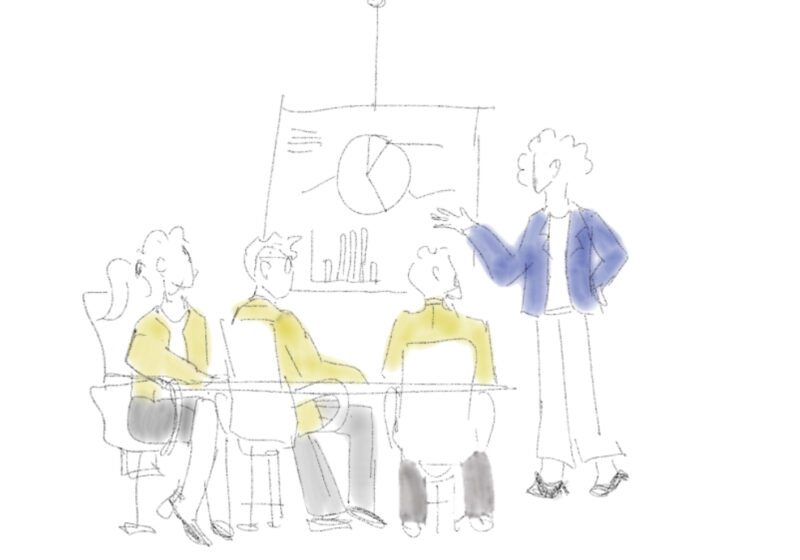As a card-carrying liberal on a left-leaning campus amid the increasingly dominant (or at least dominantly vocal) left-wing atmosphere that has come to define college culture across much of the United States, I have a confession to make: I kind of like Rand Paul.
Don’t get me wrong, I generally disagree with him. I typically favor government solutions over market ones, higher taxes, more social services, and more. But the Democrats won as many branches of government last election as the Cleveland Browns won games last season. (For the non-sports fans out there, that’s a resounding zero.). So for the past year I’ve generally had to delay any hopes of the government implementing any of my preferred policies.
I don’t mean to say that resistance is futile and that we should simply let the Republicans do whatever they want until the next election. But as long as liberals are relatively sidelined in the policy debates of Washington, I’ve taken some time to try to think about our political system as an outsider, to try and diagnose what’s wrong with it.
I have a lot of opinions about this problem, and with politicians of all stripes spouting off about the ways in which the system is broken and how it’s the other side’s fault, I have a hard time resisting the urge to go along with the pack and just repeat what I hear from my favorite politicians. Consider this my resistance to that urge: I kind of like Rand Paul.
For those who don’t know, Rand Paul is the junior senator from Kentucky and is known for his relatively libertarian views. He is a Republican, but his libertarianism sometimes separates him from the other Republicans on some issues, and occasionally he joins the Democrats in voting against a bill that every other Republican votes for.
Paul made the news recently as (essentially) the sole cause of a four-hour government shutdown a week and a half ago. Senators had come up with a bipartisan spending framework that lifted government spending caps for two years and funded the government past a Feb. 8 deadline. As a libertarian, Paul opposes increased government spending, and he used Senate rules to prevent a vote until after government funding lapsed and the government shut down.
Now, I’m in favor of lifting the spending caps, and I’m generally opposed to government shutdowns, and any kind of bipartisan agreement on anything is a big deal, but despite all of that, I respect what Paul did.
“The reason I’m here tonight is to put people on the spot,” said Paul, as seen on CNN. “I want people to feel uncomfortable. I want them to have to answer people at home who said, ‘How come you were against President Obama’s deficits, and then how come you’re for Republican deficits?'”
Again, I’m not against deficit spending. But even more refreshing for me than a bipartisan spending deal is someone on the Senate floor calling out his own party’s hypocrisy. Everyone loves to tell the other side to “put principles over party,” but few ever live by these words themselves — let alone publicly call out colleagues on their own side for failing to do so.
At heart, I believe that most politicians want to make a positive difference — to help people, to improve their town or county or state or country. Of course people will have different ideas about how to do that. That’s why we have debates and elections. Necessarily, people who have similar principles will arrange themselves into parties to coordinate their power and use it to execute their vision.
But that’s the order it’s supposed to go in — principles lead to parties. Not the other way around. When that order is subverted, and parties dictate members’ principles, then the only guiding principles become “my party is right and the other party is wrong.”
It isn’t long before this mentality leads to a political discourse in which the ideas and arguments presented are less important than the person delivering them, and in which both sides become increasingly interested in virtue signalling to remind their fellow partisans that they’re on the “right” side. In America today we even see examples of politicians who would rather ally themselves with foreign powers or undermine the FBI than admit that their fellow Americans on the other side of the aisle might have said something truthful.
Of course, I’m not the first one to notice these things or to point them out. You can often hear politicians themselves bemoaning many of the same things faults I pointed out above. But awareness of the situation does not mean the situation is improving.
So how can we actually change the situation? In my view, the way to eliminate hyper-partisanship from American politics is to take the time — and I mean really, truly spend time and effort — reminding ourselves now and again that our political “enemies” are, in fact, just people who have a different opinion on how to help the country than we do. We need to return to debate and votes based on principle over party. We need to be a little bit more like Rand Paul.





